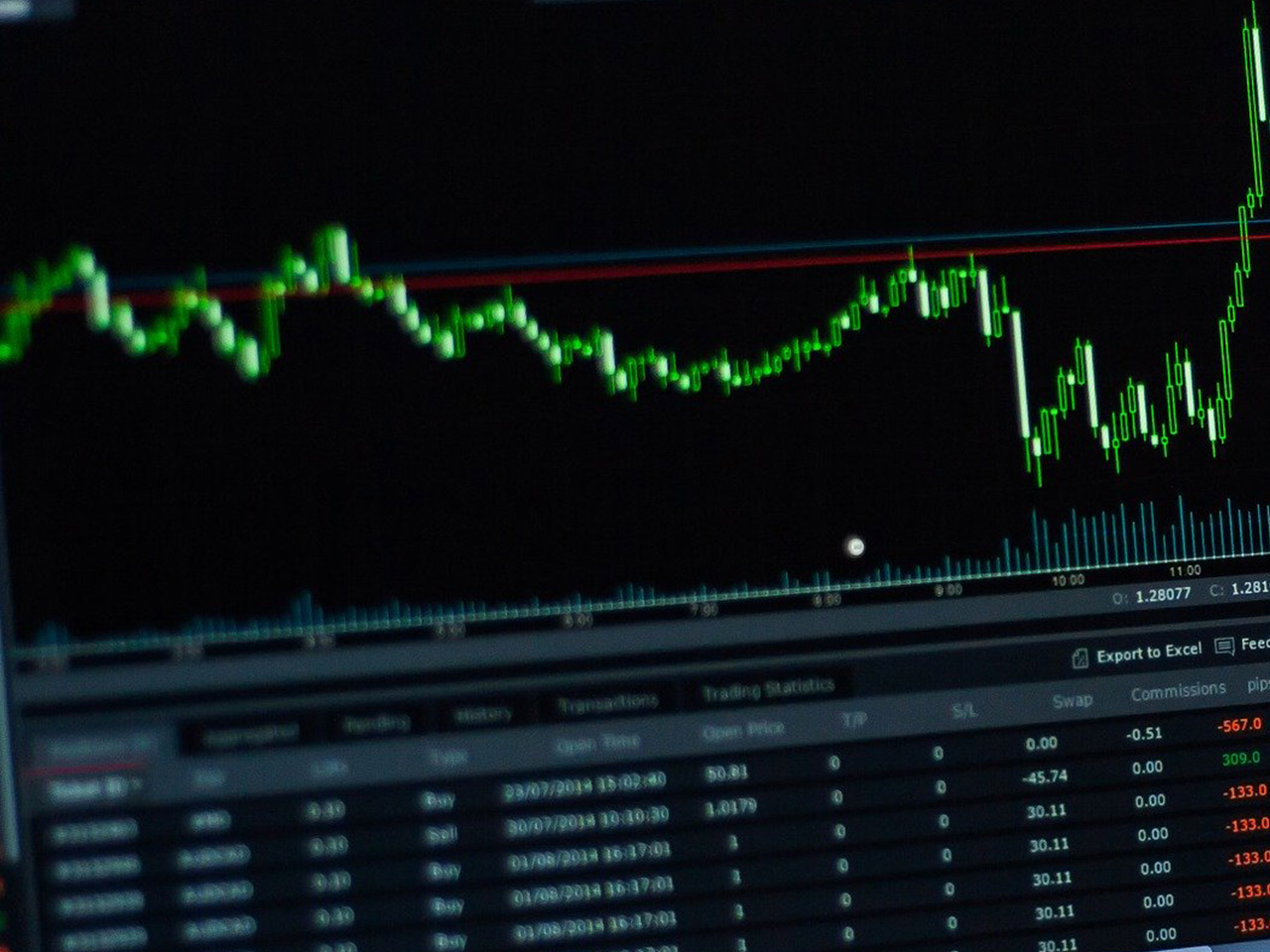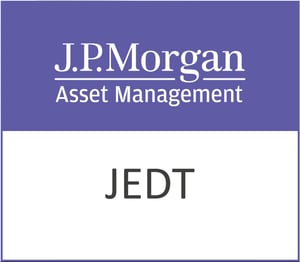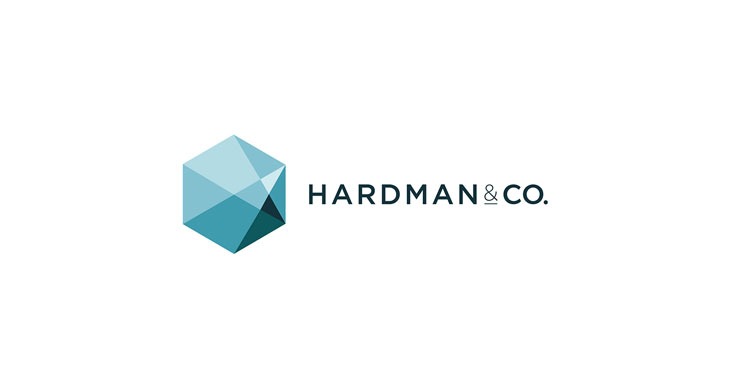Merck & Company, Inc. (NYSE: MRK), a titan in the healthcare sector, stands as a formidable player in the general drug manufacturing industry. Headquartered in Rahway, New Jersey, Merck has been a staple in the pharmaceutical landscape since its founding in 1891. With its diverse portfolio ranging from human health pharmaceuticals to veterinary products, Merck is a key player in the global healthcare narrative.
With a significant market capitalization of $206.84 billion, Merck’s stock is currently priced at $82.81. This represents a slight decline of 0.03%, or $2.34, from previous levels. However, this minor dip belies a broader opportunity, as reflected in the analyst sentiment and target price projections. The stock’s 52-week performance has seen a range between $73.47 and $118.64, indicating a robust volatility level that could appeal to both value and growth investors.
From a valuation standpoint, Merck’s forward P/E ratio stands at an attractive 8.63, suggesting potential undervaluation compared to industry peers. Although other valuation metrics like the PEG ratio and Price/Book are unavailable, the existing forward P/E points towards a compelling entry point for investors seeking long-term gains. The company’s earnings per share (EPS) at 6.49 further underscores its profitability strength.
Merck’s performance metrics present a mixed picture. The revenue growth rate is down by 1.90%, a figure that might raise caution. However, the company’s robust return on equity (ROE) of 35.42% and a substantial free cash flow of over $15.55 billion highlight its operational efficiency and ability to generate cash, crucial factors for sustained dividend payouts and reinvestment in growth initiatives.
Indeed, Merck’s dividend yield of 3.91% is a noteworthy aspect for income-focused investors. With a payout ratio of 49.31%, the company maintains a balanced approach, distributing nearly half of its earnings while retaining enough capital to fuel future innovation and expansion.
Analyst ratings for Merck depict a cautiously optimistic outlook: 15 buy ratings, 12 hold ratings, and notably, no sell ratings. The consensus target price averages at $102.33, suggesting a potential upside of 23.58% from the current price. This projection aligns with the stock’s technical indicators, where the 50-day moving average is closely aligned with the current price, and the 200-day moving average at $87.27 suggests a potential recovery trajectory.
The technical indicator RSI (Relative Strength Index) at 18.76 signals that the stock may be in oversold territory, offering a potential buying opportunity for investors looking to capitalize on market corrections. Meanwhile, the MACD (Moving Average Convergence Divergence) and Signal Line values suggest that the stock is poised for potential bullish momentum.
Merck’s strategic collaborations and agreements further bolster its growth prospects. Notable partnerships include those with AstraZeneca PLC, Eisai Co., Ltd., and Moderna, Inc., which are instrumental in expanding its oncology portfolio and vaccine offerings. These alliances highlight Merck’s commitment to innovation and its strategic positioning within the evolving healthcare landscape.
In navigating Merck’s investment landscape, individual investors should weigh the company’s historical resilience, current valuation, and future growth potential. As Merck continues to leverage its extensive R&D capabilities and strategic partnerships, it remains a compelling option for those seeking to invest in a well-established company with significant upside potential in the healthcare sector.








































